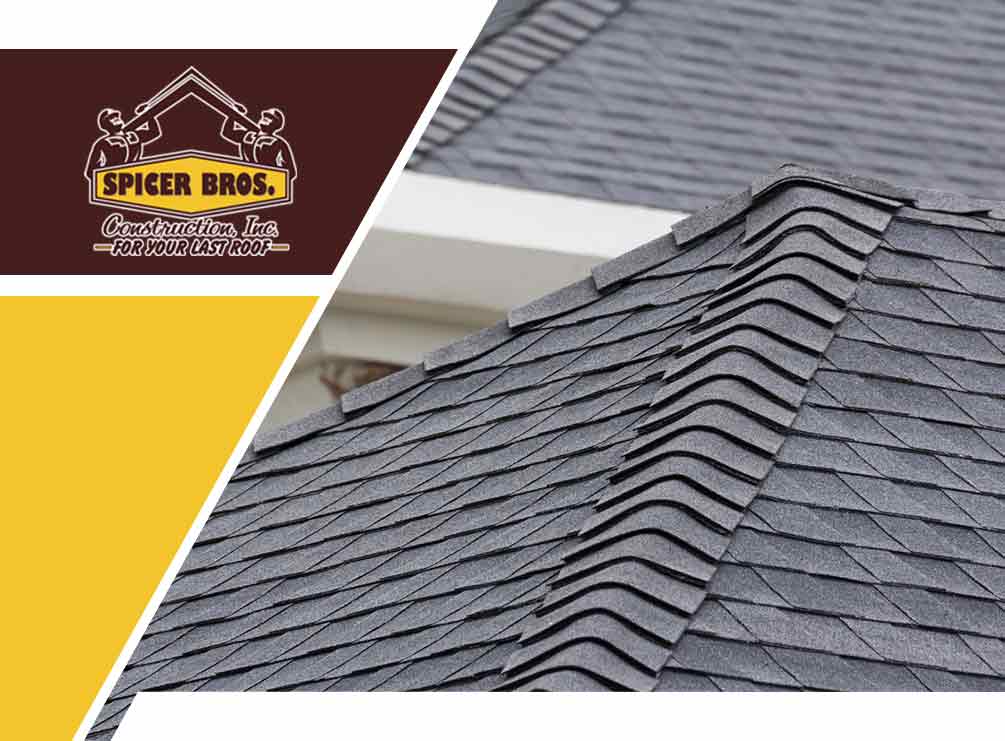Your residential roofing system needs to be in prime condition to provide adequate protection from snow, rain and the heat of the sun. A porch adds exterior space to a house. Providing a roof for the porch helps moderate the temperature and conditions on the porch. However, adding a roof can create drainage problems if the roof pitch is too shallow.

Smallest Roof Pitch
The smallest pitch of a roof is 1/4:12, which translates to 1/4 inch rise to 12 inches of run. Such a small pitch can only work with built-up roofing or specialized synthetic roofing. Covered porches that are near trees or in areas with heavy rains should not be covered with a low-slope roof. This is to avoid trapping debris and water on the roof’s surface.
Match Pitch of Existing Roof
The pitch of the covered porch roof should match that of the main roof. Residential roofing with different pitches does not appear cohesive. If it is not possible to match the existing roof, choose a pitch that is shallower. Do not go for a steeper pitch, because the form of the covered porch will overpower or contrast with the main roof.
Match Roof Material and Use Appropriate Slope
Match the roofing material on the covered porch with that of the main roof. Your choice of material will impact what pitch your roof can have. The smallest pitch possible for shingles is 1:6, which is equal to 4 inches rise to 24 inches run. The smallest pitch of a standing seam metal roof is 1:4, or 3 inch rise to 12 inches run. The smallest pitch for roll roofing is 2:12, or 2 inches rise to 12 inches run. 2:12 is also the smallest pitch for GAF shingles. Your local roofing company will recommend the right pitch for the right material.
Rest assured that we can help you match your covered porch roofing with your main roof We are here to serve you in Lewes and Rehoboth Beach, DE, Salisbury, MD, and nearby areas. Contact Spicer Bros. Construction today at (410) 546-1190 for an in-home consultation.







